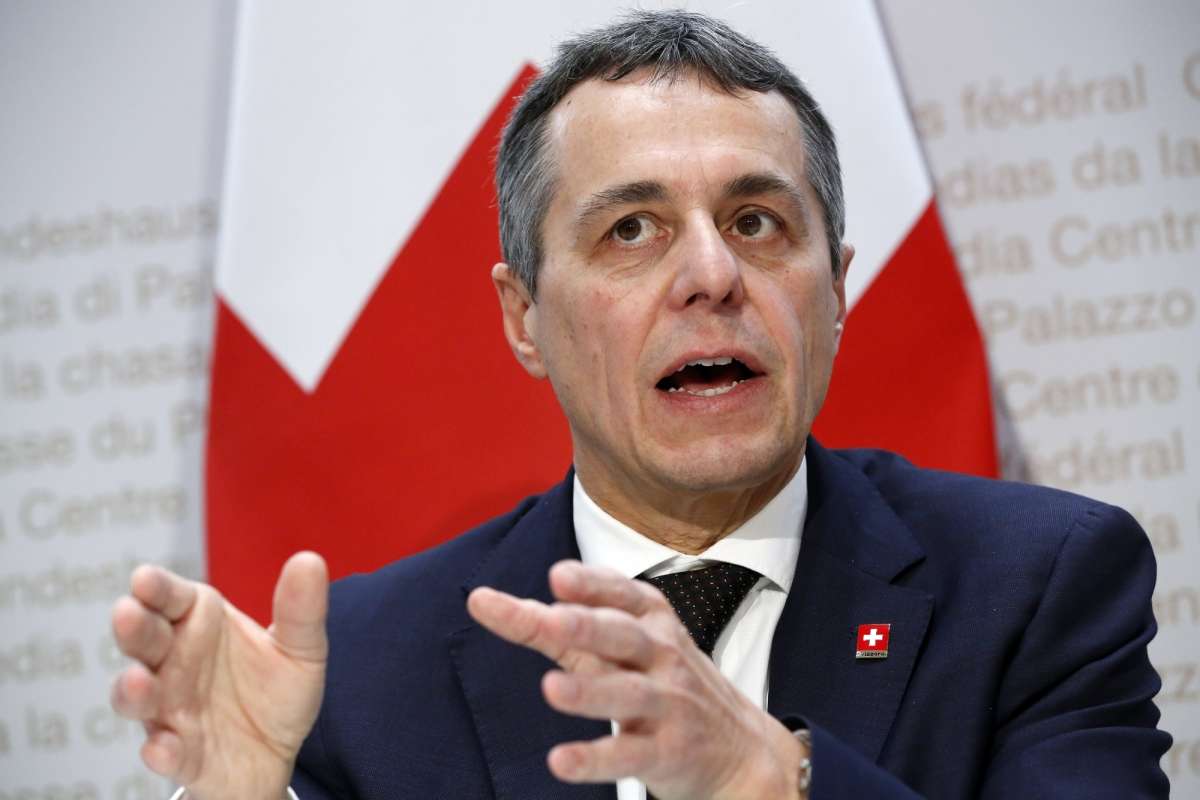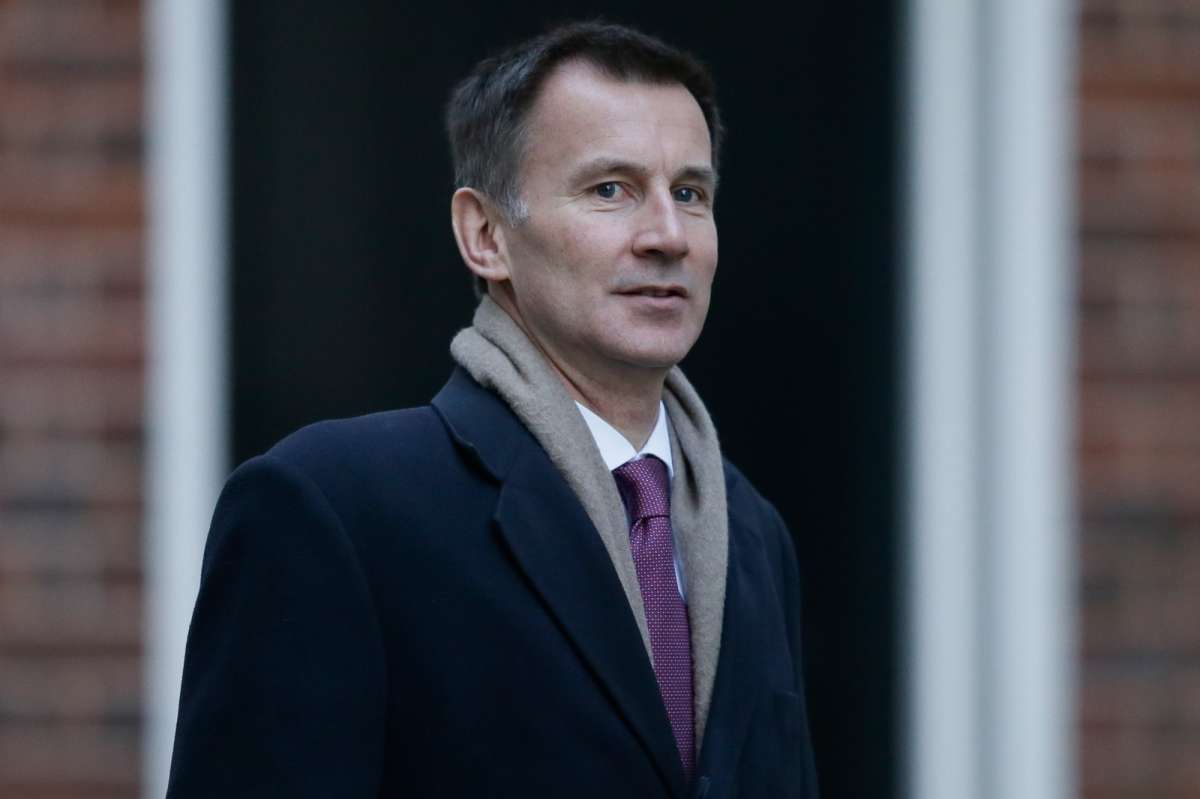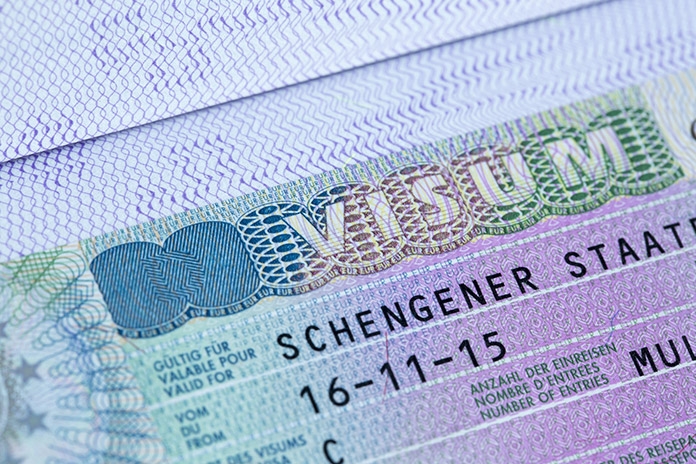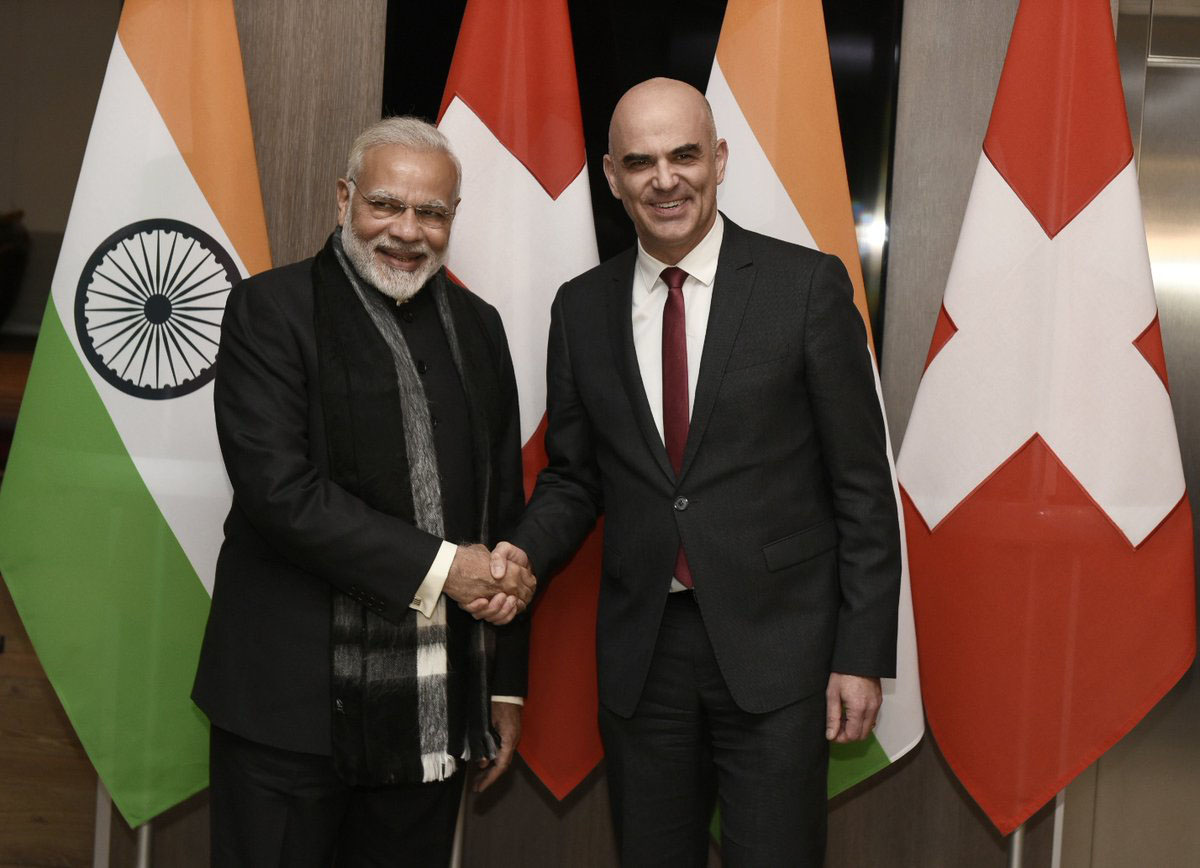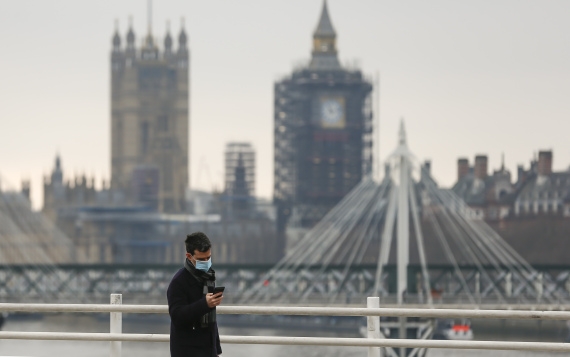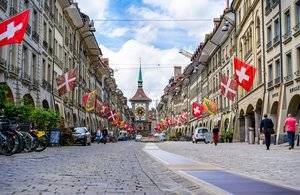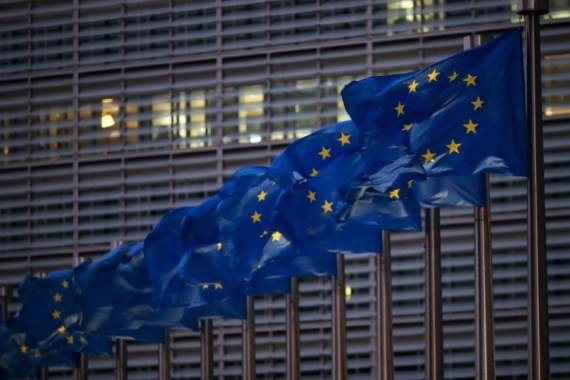By organising this conference, Switzerland is making another important contribution to support a just and lasting peace in Ukraine and greater security and stability in Europe and the world…reports Asian Lite News
Swiss President and Foreign Minister Ignazio Cassis said on Thursday that Switzerland will host a high-level international conference in the month of June with more than 100 countries invited to help chart a path towards peace in Ukraine after more than two years of war.
In an official post on X, Ignazio Cassis said, “Switzerland will host a High-Level Conference on Peace in Ukraine.”
“Peace is at the heart of the Swiss spirit. Its humanitarian tradition plays a key role in this quest. Peace is not an abstraction, but a call to action that reflects our values and our responsibilities on the world stage,” Ignazio Cassis added.
Further, the Federal Department of Foreign Affairs said in the press release that, Switzerland is organising a high-level conference on peace in Ukraine, which is expected to take place in June 2024 at the Burgenstock.
The aim of the heads of state and government meetings is to develop a common understanding of a path towards a just and lasting peace in Ukraine.
“The conference aims to provide a platform for a high-level dialogue on ways to reach a comprehensive, just and lasting peace for Ukraine based on international law and the UN Charter. It aims to create a common understanding of the framework conducive to this goal and a concrete roadmap for the peace process,” the release added.
By organising this conference, Switzerland is making another important contribution to support a just and lasting peace in Ukraine and greater security and stability in Europe and the world.
According to the Press release, Switzerland is actively involved in the search for solutions and as with (Ukraine Recovery Conference 2022) URC2022 is helping to shape a sustainable future for Ukraine.
Meanwhile, during President Zelenskyy’s visit to Bern on January 15, 2024, Switzerland and Ukraine discussed the next steps towards a comprehensive, just and lasting peace in Ukraine.
At Ukraine’s request, Switzerland agreed to host a high-level conference. Switzerland regularly hosts negotiations or acts as a mediator for talks and meetings. (ANI)

